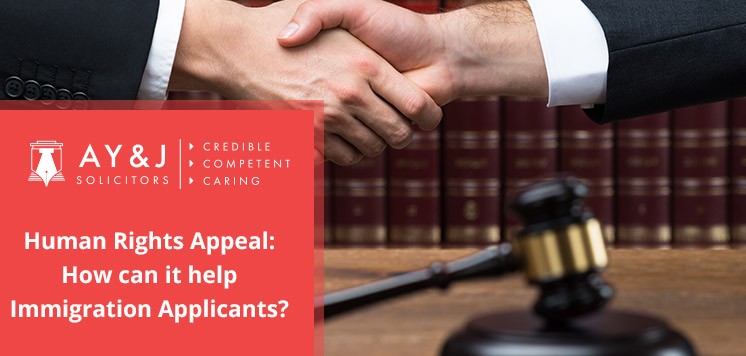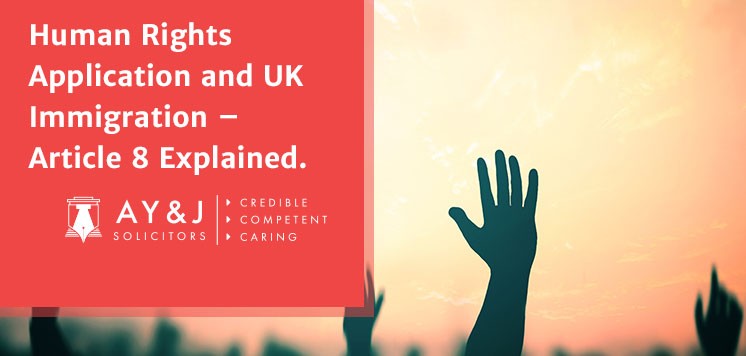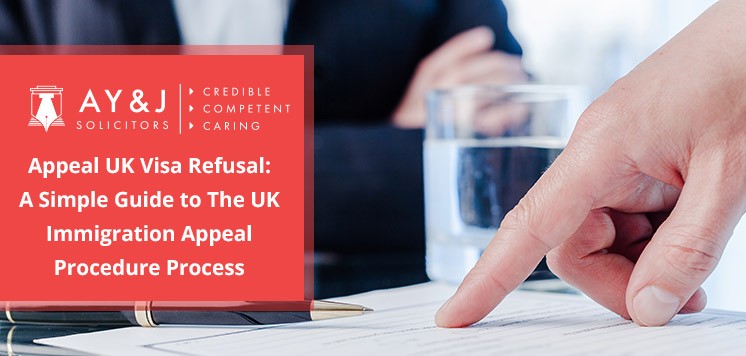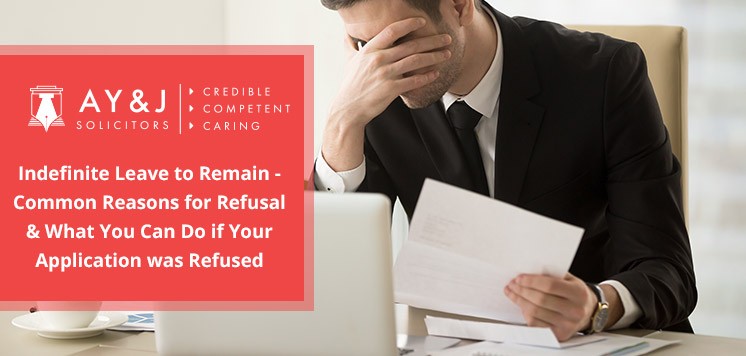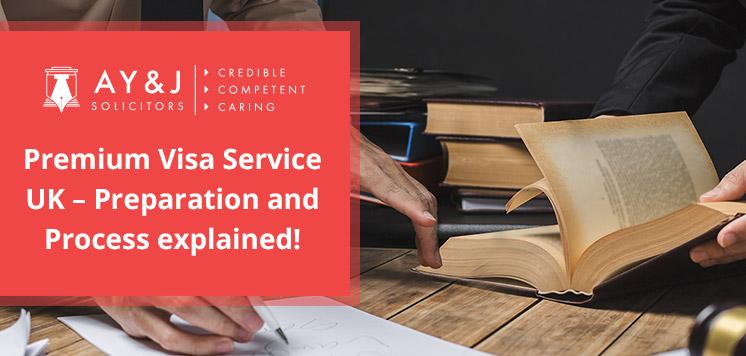Human Right Appeal process can be complex but genuine applicants are benefiting from it.
“To deny people their human rights is to challenge their very humanity.” – Nelson Mandela
Few of us appreciate the progressiveness and importance of human rights. They protect us from those in power, i.e. the government or royalty from making arbitrary decisions which negatively affect the lives of citizens.
In many ways, immigration law and human rights are fundamentally linked. Many people applying for leave to enter or remain in the UK are fleeing desperate situations of war, deprivation and human rights abuses in their home country. But these are not the only group of migrants who can be affected by human rights. There have been many cases of Points-Based Systems migrants who have good careers and families in the UK being threatened with deportation because their Indefinite Leave to Remain application has been denied.
Challenging a decision in the First-Tier Tribunal on human rights grounds can be complex. Failure to instruct an experienced immigration solicitor may lead to frustration and unnecessary expense. The fact is almost 50% of immigration refusals are reversed on appeal and in a majority of cases this development occurs well before the case reaches the Tribunal. A good immigration lawyer will act swiftly because they understand the law surrounding human rights appeals. This allows them to challenge decisions in a manner which is likely to lead to early concession, saving you time and money.
This fact was recently highlighted by one of our clients in a review they left on TrustPilot.
Client says, “One of the best
They are one of the best immigration solicitors around.
The Grounds for a Human Rights Appeal
The UK is a signatory to the European Convention on Human Rights (ECHR). This is separate from the European Union and therefore Brexit will have no impact on its application.
Many human rights appeals are made under Article 8. This reads:
Article 8 – Right to respect for private and family life
- Everyone has the right to respect for his private and family life, his home, and his correspondence.
- There shall be no interference by a public authority with the exercise of this right except such as is in accordance with the law and is necessary in a democratic society in the interests of national security, public safety or the economic well-being of the country, for the prevention of disorder or crime, for the protection of health or morals, or for the protection of the rights and freedoms of others.
Unlike other Articles, such as Article 3 which prohibits torture, and “inhuman or degrading treatment or punishment”, Article 8 is not an absolute right. The government has the right to balance its need to control immigration with the right of an individual to enjoy their private and family life without interference.
Since 6th April 2015, the only way a migrant can appeal a Points-Based System visa refusal (including applications for Indefinite Leave to Remain) is if their case contains a human rights element.
For example, if your application for a Standard Visitor Visa is refused and this prevents you from seeing your children or grandchildren, you may be able to appeal on the grounds the UK government is disproportionately affecting your right to enjoy family life.
The European Court of Human Rights has recently published a guide to Article 8 of the ECHR. This provides extensive guidance to some of the common questions surrounding Article 8. For example – what constitutes private and family life? A recent Court of Appeal decision, Onwuje v Secretary of State for the Home Department [2018] EWCA Civ 331, running a business may amount to private life under Article 8.
The definition of family life has been viewed flexibly by the UK courts. In the Court of Appeal case of in Singh v Secretary of State for the Home Department, Sir Stanley Burnton stated:
“It seems to me that adult children (male or female) who are young students, from most backgrounds, usually continue to form an important part of the family in which they have grown up. They attend their courses and gravitate to their homes during the holidays, and upon graduation, while they seek to “make their own way” in the world. Such a child is very much part of the on-going family unit and, until such a child does fly the nest, his or her belonging to the family is as strong as ever. The proportionality of interference with the family rights of the various family members should receive, I think, careful consideration in individual cases where this type of issue arises”.
He went on to say:
“The love and affection between an adult and his parents or siblings will not of itself justify a finding of a family life. There has to be something more. A young adult living with his parents or siblings will normally have a family life to be respected under Article 8. A child enjoying a family life with his parents does not suddenly cease to have a family life at midnight as he turns 18 years of age. On the other hand, a young adult living independently of his parents may well not have a family life for the purposes of Article 8”.
Appealing a Decision on Human Rights Grounds
To appeal a decision on human rights grounds, it is crucial to have an experienced immigration lawyer to advise and represent you. The procedure for making an appeal to the First-Tier Tribunal must be undertaken correctly. At A Y & J Solicitors, our team can ensure that your matters are dealt with in a way that best benefits you and has the highest chance of resulting in a successful outcome.
A Y & J Solicitors are specialists in immigration law based in central London. If you would like to have more information, please contact us at contact@ayjsolicitors.com or call +44 20 7404 7933.
Disclaimer: No material/information provided on this website should be construed as legal advice. Readers should seek an appropriate professional advice for their immigration matters.

